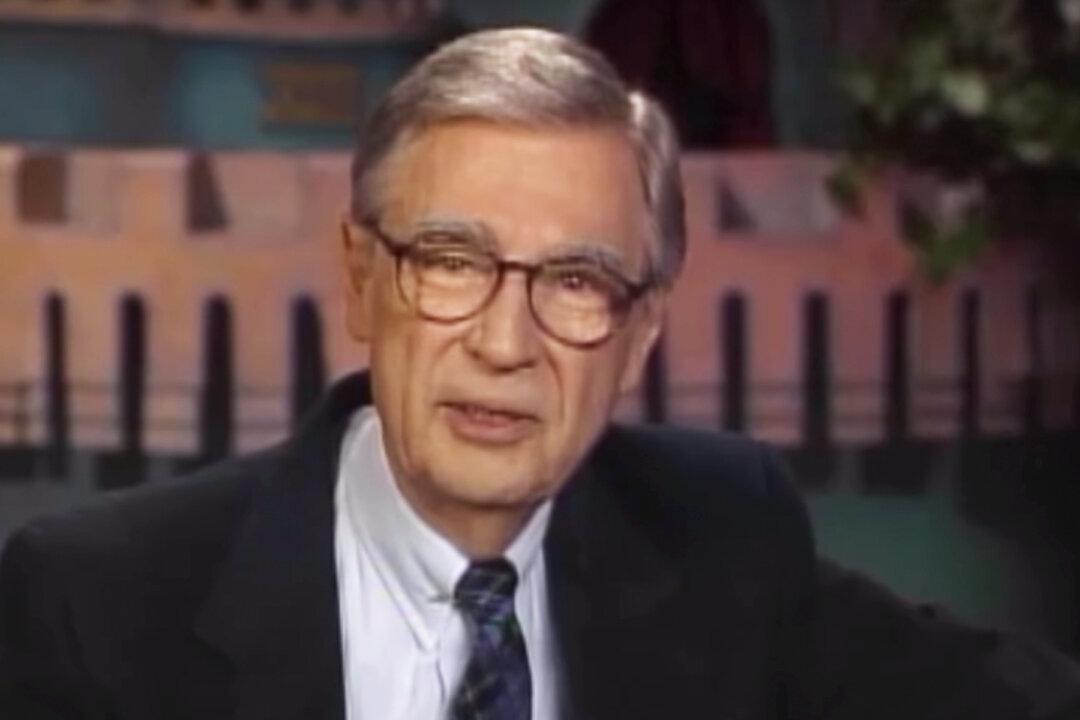His television show “Mr. Rogers’ Neighborhood” ran from 1968 to 2001, transformed children’s programming, and made Fred Rogers (1928–2003) “America’s favorite neighbor.”
Much of the sensitivity Rogers showed toward his preschool audience derived from his boyhood, when he was overweight, introverted, and prone to sickness. In those days when he felt out of place, his Grandfather McFeely would often console him with the words, “Freddie, you make my day very special.” That sentiment and a character named Mr. McFeely both become integral parts of “Mr. Rogers’ Neighborhood.”






